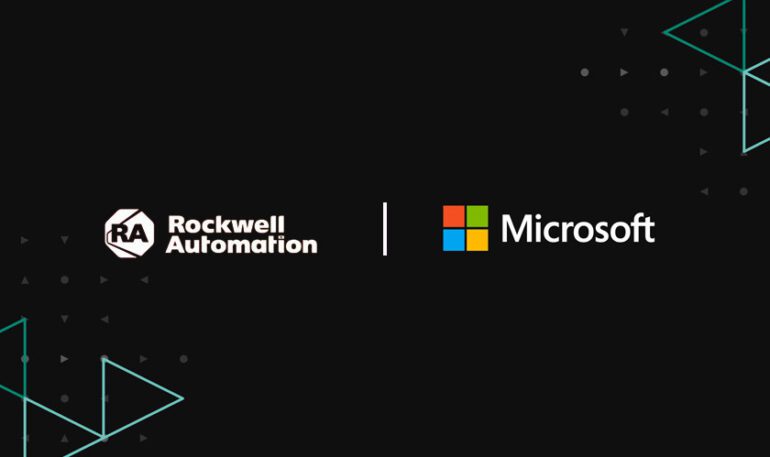TL;DR:
- Rockwell Automation and Microsoft are partnering to integrate generative AI into industrial automation.
- Azure OpenAI integration into FactoryTalk Design Studio streamlines code generation.
- Generative AI empowers engineers, accelerates development, and aids in problem-solving.
- Potential applications include quality management, process improvement, and workforce training.
- The collaboration leverages IoT, cloud datasets, and simulations for more sustainable product design.
- Addressing the skilled labor shortage is a key focus of this partnership.
- The collaboration signifies a significant step in shaping the future of technology in industrial automation.
Main AI News:
Rockwell Automation and Microsoft have joined forces to harness the power of generative artificial intelligence (AI) in order to expedite the design and development of industrial automation solutions. In a groundbreaking move, they are set to integrate cutting-edge generative AI technology into their Industry 4.0 initiatives, with the aim of not only accelerating progress but also empowering the workforce.
As a pivotal step in their extended Industry 4.0 collaboration, Microsoft’s Azure OpenAI service is slated for integration into Rockwell’s FactoryTalk Design Studio. This integration promises to revolutionize the way engineers operate by enabling them to generate code through natural language prompts. The immediate impact will be the automation of routine tasks and a substantial enhancement in design efficiency. In their joint statement, Rockwell and Microsoft assert that this integration will also benefit experienced engineers, as it will expedite development processes and facilitate the mentorship of newcomers. Additionally, it will enable engineers to access a vast repository of information, aiding them in problem-solving and further educating developers.
The potential of generative AI in industrial design extends beyond streamlining processes. It holds the key to solving a spectrum of challenges, including quality management, process improvement, failure analysis, and workforce training. Central to this vision is the concept of “chat-based collaboration,” where workers engage with Azure chatbots to address issues and seek assistance.
In their collaborative effort to “advance innovation in the industrial metaverse,” Rockwell and Microsoft intend to leverage their respective strengths in IoT capabilities, cloud datasets, and simulations. This synergistic approach promises to foster more effective and sustainable product design and development.
Matthew Littlefield, President at LNS Research, emphasized the significance of this partnership, stating that the skilled labor shortage is the most pressing challenge facing industrial organizations. He noted that generative AI has already demonstrated its capacity to enhance worker productivity across various scenarios, and this partnership represents a significant step toward addressing long-term structural challenges.
Blake Moret, Chairman and Chief Executive at Rockwell Automation, highlighted the enduring nature of their relationship with Microsoft, underlining their commitment to delivering top-notch solutions that drive innovation and collaboration, ultimately shaping the future of technology in industrial automation.
Judson Althoff, Executive Vice President and Chief Commercial Officer at Microsoft, emphasized the explosive growth of interest in artificial intelligence and how this trend is driving organizations to partner with Microsoft as a trusted provider of cloud and AI solutions. He expressed his enthusiasm for strengthening their partnership with Rockwell, emphasizing the goal of expediting the creation of complex control systems, optimizing operational efficiency, and fostering greater innovation across industrial organizations. This collaboration, indeed, represents a pivotal moment in the evolution of Industry 4.0.
Conclusion:
This strategic partnership between Rockwell and Microsoft signifies a significant leap forward in the Industry 4.0 landscape. The integration of generative AI into industrial automation design holds the potential to address critical challenges and foster innovation, ultimately benefiting the market by enabling more efficient and sustainable product development while mitigating the impact of the skilled labor shortage.

